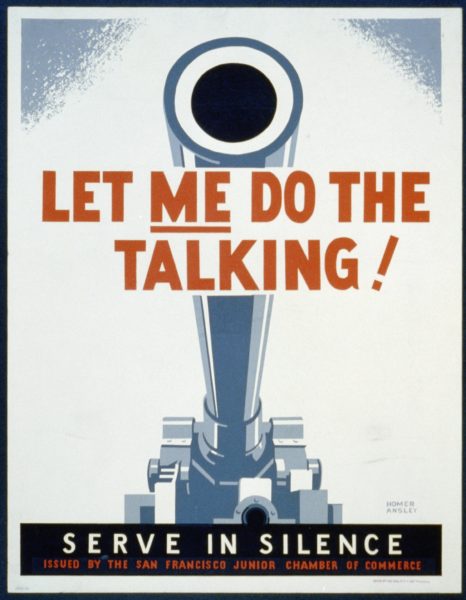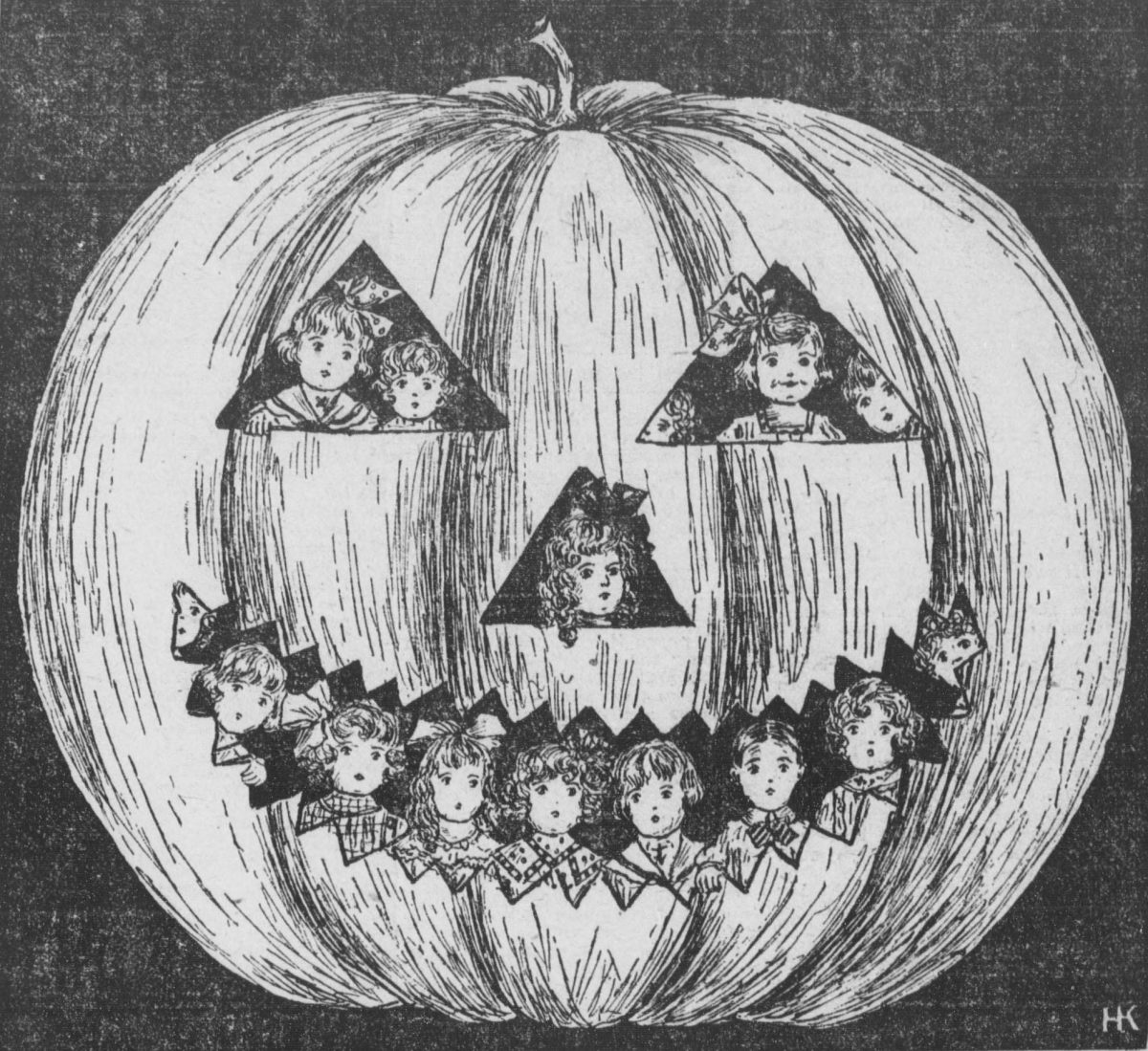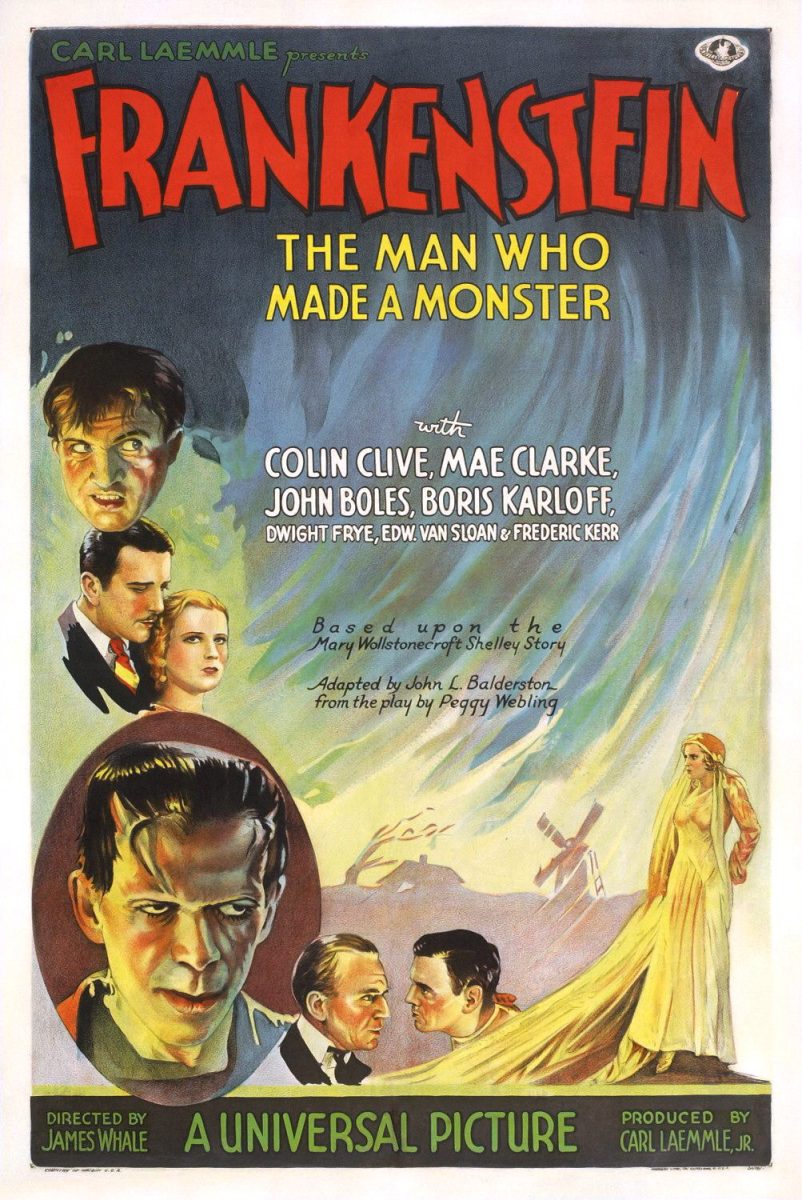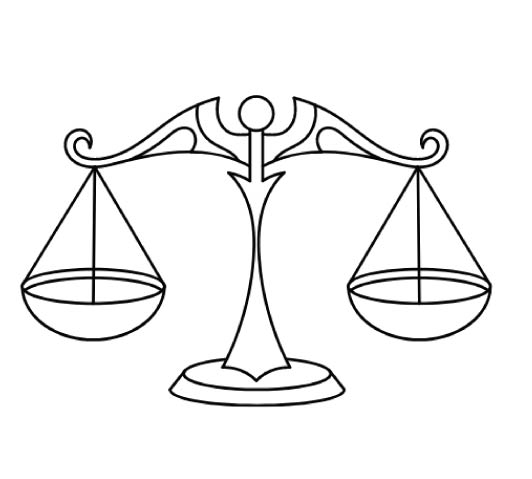
Two years ago, I was walking across campus when I suddenly heard what can only be described as a commotion. There was a large group of students surrounding someone I quickly identified as the source. A man stood there with a megaphone and a bible and yelled to anyone in earshot some of the most hateful things I have ever heard come out of another human being’s mouth.
Some students were shouting back with anger, some were crying and most did what they could to ignore the spectacle all together. This was the first of multiple incidents that would occur over the course of that semester which eventually prompted CMU President John Marshall to issue a statement to all students.
He stated that CMU is a free speech campus, and long story short – nothing would be done. As a student then and now, I can say definitively that his statement holds no water. Just because discourse is a priority for CMU does not mean that anything goes in the name of free speech. They are important concepts but should not be prioritized over student safety as well as their respect and dignity.
I am not comfortable voicing concerns about hate speech on campus due to the response by President Marshall to the hateful heckler on campus two years ago. I do not feel protected by the free speech policy.
CMU is not immune to the seemingly unending debate about free speech vs hate speech. Despite not being able to prosecute or discipline hate speech, a university can still make a statement about what sort of speech and values are welcome on campus.
It is evident by the people that CMU has invited to speak which voices are welcome and valued. It is evident in President Marshall’s insistence on making strong statements about free speech without committing to listening to minority voices that CMU cares about protecting certain voices over others.
Americans learn that the U.S. protects free speech under the First Amendment as early as kindergarten. We learn that it is central to the American Dream. We are taught to feel lucky to live in a nation that protects such a valuable human right.
At what point does free speech go too far? What if free speech infringes on someone else’s right to life, liberty and the pursuit of happiness? What is the difference between free speech and hate speech?
We know that free speech in the U.S. protects from legal prosecution for expressing thoughts, but the Constitution does not protect someone from personal consequences. Someone can still lose a job, lose a relationship or be removed from a public space if their speech is considered to be hateful or disruptive. Hate speech in the U.S. is incredibly difficult to define. It is often protected under the same laws as free speech, so how do we differentiate?
The American Library Association (ALA) defines hate speech as speech through which “speakers intend to vilify, humiliate, or incite hatred against a group or a class of persons on the basis of race, religion, skin color, sexual identity, gender identity, ethnicity, disability, or national origin.” The example of the man on CMU’s campus could be put into the category of hate speech under this definition as he was using rhetoric targeting minority students.
The U.S. is unique in its near unilateral protection of hate speech. There is no legal precedent for prosecuting hate speech here. Most other nations that also protect free speech have restrictions and laws regarding hate speech. The U.S. takes a different approach, pedestalizing free speech above protecting the health and well-being of citizens.
Free speech on college campuses remains one of the most contentious conversations surrounding this right that we see in the U.S. today. One side argues that it should be protected at all costs at institutions of higher learning. The other side is concerned about the repercussions of such policies on the safety of minority students.
The American Civil Liberties Union (ACLU) clarifies that while free speech is constitutionally protected on public college campuses, universities can condemn hate speech. They are under no obligation to platform hate and should promote respectful dialogue whenever possible. If there are no consequences for disrespectful dialogue, how can students feel safe to participate?
CMU is one of fewer than 100 universities across the United States that has adopted the Chicago Statement as campus policy. It was created in 2014 at the University of Chicago as a set of guiding principles to protect and promote free speech. President Marshall has been incredibly vocal about CMU’s commitment to free speech.
Many people view this as positive. Institutions of higher education should be dedicated to hosting a broad range of ideas, opinions and worldviews. It should encourage debate and civil discourse. What is the purpose of college, if not to allow for a broad range of new experiences, schools of thought and freedom of expression for their student body?
In practice however, the Chicago Statement leaves little room for genuine student concerns about protecting marginalized voices on campus, including through protest. While CMU’s commitment to free speech sounds good from the outside, we should aim to be critical about who that statement actually protects.
I encourage CMU to more carefully consider the flaws in the Chicago Statement. I hope that my campus community can one day find a way to protect free speech in a way that does not sacrifice its most vulnerable students to hatred.








